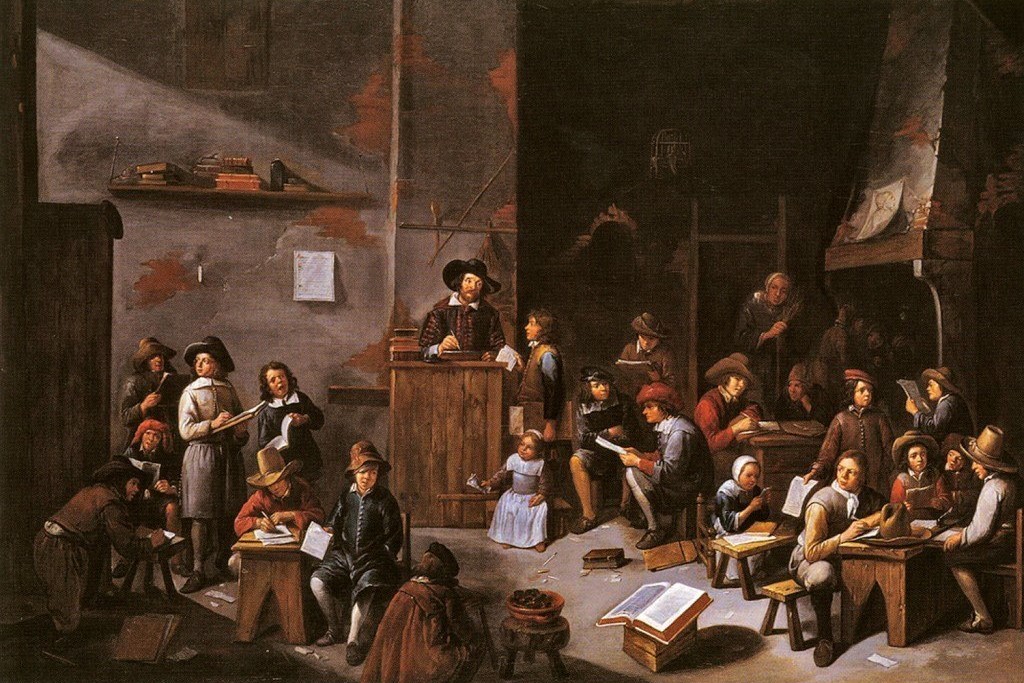The Fairness of Science Fairs
The science fair is a common part of the elementary and middle school education; students create a project, like a baking soda and vinegar volcano, and present it with a poster at the school with dozens of other students. In theory, it is a competition amongst students to see who produced the best experiment and followed the scientific method. However, are science fairs really fair to all students, or do some students have a higher advantage?
Parental involvement is a huge factor when it comes to science fair project; as one parent writes in her article for The Atlantic, those students who have parents that have higher education and the ability to be engaged in their children’ schoolwork have better projects. Sometimes it is blatantly apparent that the parents have helped them out. As a professor’s daughter, I am guilty of this myself – when I had to build a DNA model my freshman year of high school, I did enlist my scientist father to help me out with deciding how to go about it. When I didn’t know what kind of project I should do for science classes, I could ask him for ideas. Those students with parents who are able to provide assistance and maybe more sophisticated topic ideas will naturally do better than those in a similar age group who have to figure the project out entirely on their own. One other factor is that science fair project instructions also contain instructions and requirements that some elementary children simply cannot do well on their own; performing extensive research with valid sources is difficult for young students, and creating and testing a valid hypothesis using the scientific method could also be extremely difficult for the average 8-year-old. Some of these projects end up being what my mother calls “parent homework.” Science fair projects also cost money, which is a luxury not all households can afford.
A 2003 study also showed that science fairs tend to not engage students and increase their interest in science, which one of the main arguments in favor of science fairs. The modern science fair structure evolved out of a culture of technological advancement that should begin in childhood and develop the workforce from early on. They were also designed to help foster gifted students to identify their talents. However, they have now come to be a stressful time for both parents and students, unfairly weighted in favor of a certain subset of students. Is it ethical to have students participate in a competition when it is skewed in favor of a select group? Should households be expected to pay for their child’s science fair project? Should assignments be written such that they are nearly impossible for a student to do without parental help? Is the current structure of science fairs ethical? Let us know in the comments.




